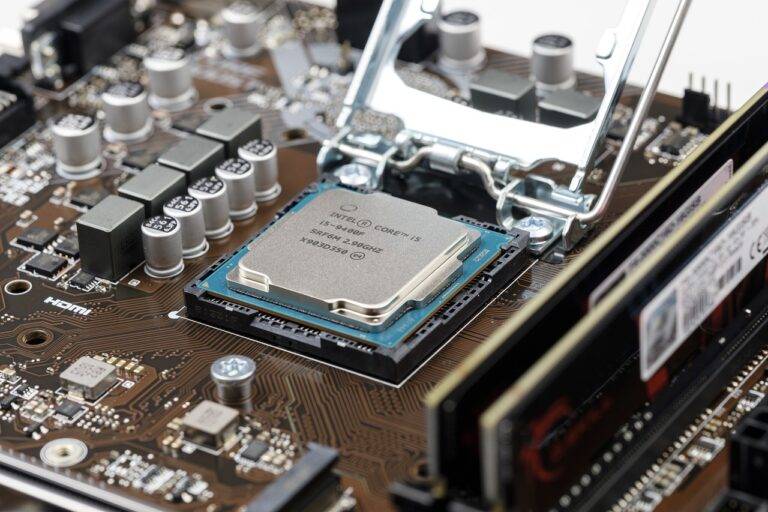The Future of Blockchain in Digital Voting Systems: Ensuring Electoral Integrity
Blockchain technology has emerged as a promising solution in the realm of digital voting systems. Its decentralized and immutable nature offers increased security, transparency, and trust in the electoral process. By leveraging blockchain, votes can be securely recorded and verified, preventing tampering and manipulation.
Moreover, the use of blockchain technology in digital voting systems enables real-time tracking of votes, improving the efficiency and accuracy of the electoral process. This technology also provides an audit trail that ensures the integrity of the voting results, enhancing the overall legitimacy of elections.
Challenges in Current Electoral Processes
One significant challenge in current electoral processes is the issue of voter registration and identification. Ensuring that eligible voters are properly registered and able to provide valid identification at polling stations can be a complex and time-consuming task. This is especially true in regions where access to identification documents may be limited, leading to potential disenfranchisement of certain groups of voters.
Another challenge is the lack of transparency and accountability in the counting and reporting of election results. In many electoral systems, there are concerns about the accuracy and integrity of the vote counting process, as well as the potential for manipulation or tampering with results. This lack of transparency can undermine public trust in the electoral process and the legitimacy of elected officials, ultimately impacting the overall democratic process.
What is blockchain technology and how is it being used in digital voting systems?
Blockchain is a decentralized, distributed ledger technology that ensures transparency and security in transactions. In digital voting systems, blockchain is used to store and verify voting data, making the process more secure and tamper-proof.
What are some of the challenges in current electoral processes?
Some of the challenges in current electoral processes include voter fraud, hacking and tampering of electronic voting systems, lack of transparency, and voter suppression.
How can blockchain technology address some of the challenges in current electoral processes?
Blockchain technology can address challenges in current electoral processes by providing a secure and transparent way to record and verify votes, ensuring that the integrity of the voting process is maintained.
Are there any drawbacks to using blockchain technology in digital voting systems?
Some drawbacks of using blockchain technology in digital voting systems include the complexity of the technology, potential vulnerabilities in the system, and the need for widespread adoption and acceptance by all stakeholders.





